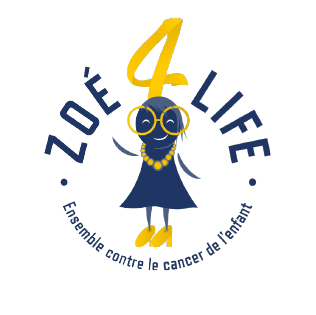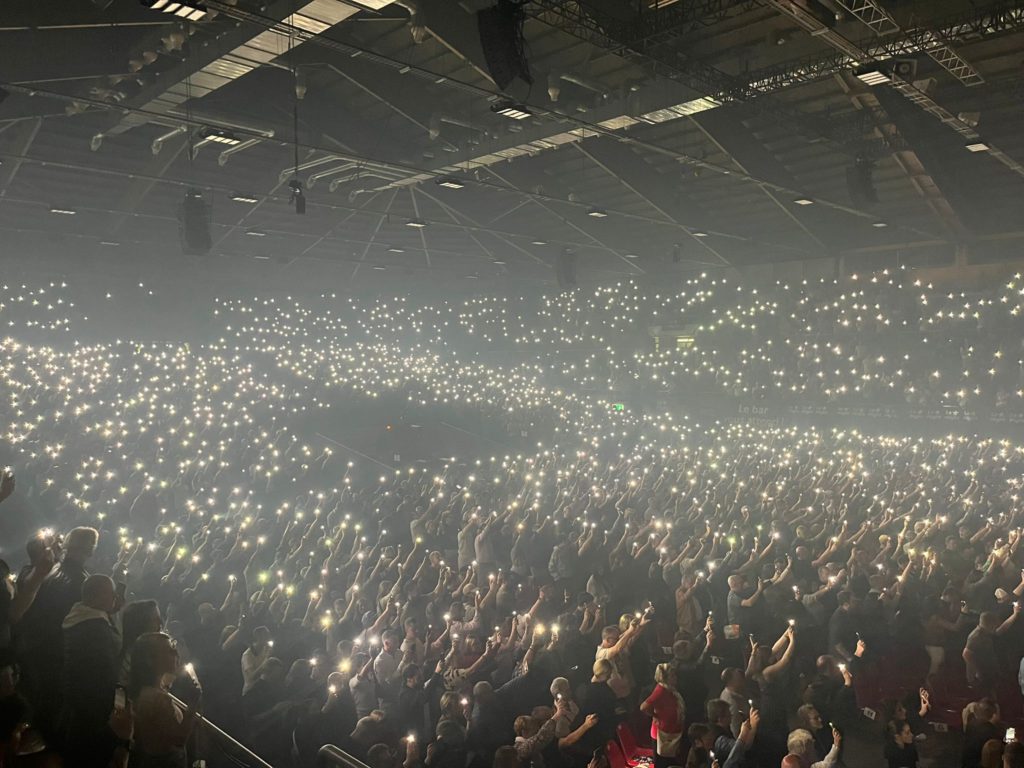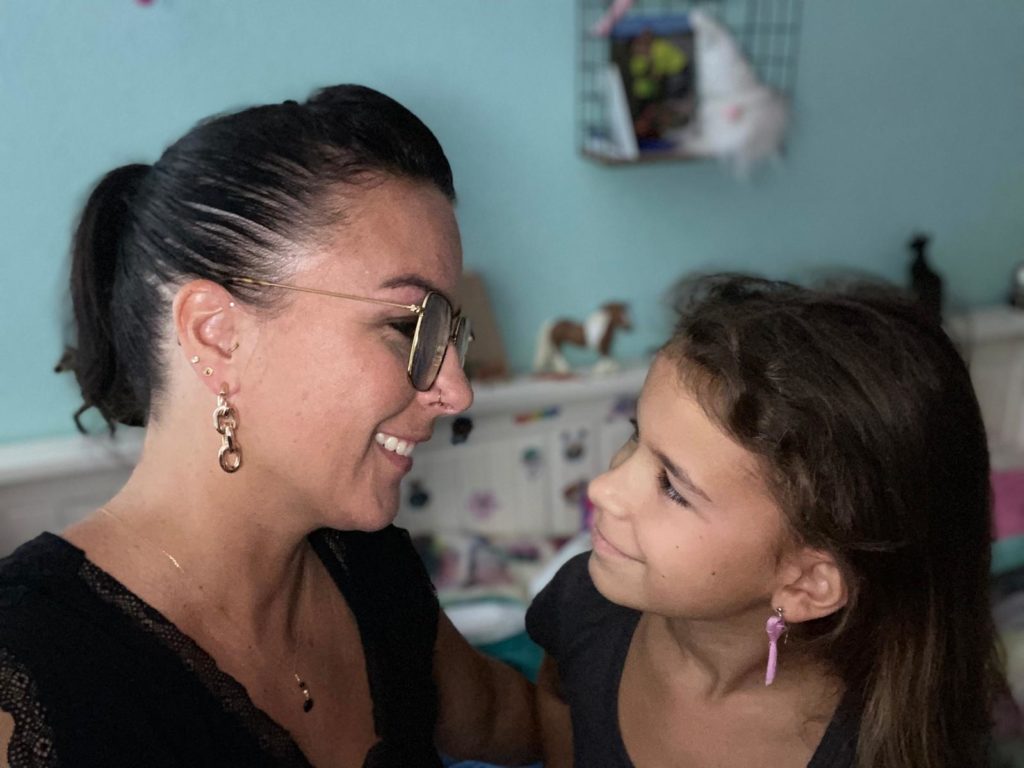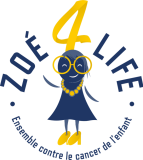Optimizing immunotherapy for refractory neuroblastoma
Zoé4life has helped fund a study to optimize immunotherapy for refractory neuroblastoma.
High-risk neuroblastoma is an aggressive pediatric cancer. Indeed, its cure rate is still very low. Refractory primary neuroblastoma is a form that resists most therapies.
Researchers from Stanford University and UCL, led by the Dr Robbie Majzner and the Prof John Anderson are conducting a study to assess how to improve chemoimmunotherapy for patients with this type of neuroblastoma.
What is chemoimmunotherapy?
This is a combination of chemotherapy and immunotherapy. The aim is to trigger a patient's immune response to neuroblastoma cells.
Anti-GD2 antibodies have been one of the major clinical breakthroughs of recent years. This form of immunotherapy has increased survival rates.
Indeed, the combination of existing chemotherapeutic agents with anti-GD2 drugs has led to a good clinical response in children whose disease does not respond to chemotherapy alone.
The advantage of this treatment is that it does not rely on destroying tumour cells with specific drugs. Instead, it helps the immune system to kill the cells.
Aim of the study:
In conclusion, the aim of this study is to find treatments for children diagnosed with refractory primary neuroblastoma. These children currently have very few options for innovative treatments.
The development of a clinical trial specific to this disease subtype will be revolutionary for this high-priority group of patients. What's more, the treatment will make it possible to eradicate ineffective toxic chemotherapies.
This project is part of our international partnership with Solving Kid's Cancer, Joining Against Cancer in Kids (J-A-C-K), Merryn Lacy Trust, Oscar Knox Fund, Rupert's Revenge.
In conclusion, the aim of this study is to find treatments for children diagnosed with refractory primary neuroblastoma. These children currently have very few options for innovative treatments.
The development of a clinical trial specific to this disease subtype will be revolutionary for this high-priority group of patients. What's more, the treatment will make it possible to eradicate ineffective toxic chemotherapies.
The latter was funded to the tune of £500,000, including £100,000 by Zoé4life.
Find out more
HOW DOES IT WORK?
This works by exploiting the mechanism by which neuroblastoma survives in the body at the molecular level.
Neuroblastoma cells have molecules on their surface called GD2 and CD47. These trick the immune system into not destroying them by sending out "don't eat me" signals.
The team plans to conduct preclinical studies to optimize current anti-GD2 chemoimmunotherapy and introduce a novel anti-CD47 agent into this regimen. This is in the hope of blocking the "don't eat me" signal and activating the "eat me" signals.
This will enable the immune cells to function as they should and destroy the neuroblastoma cells.
The ultimate goal is to build a successful combination therapy with chemotherapy, anti-GD2 agents and anti-CD47 agents that can be submitted to a clinical trial.








